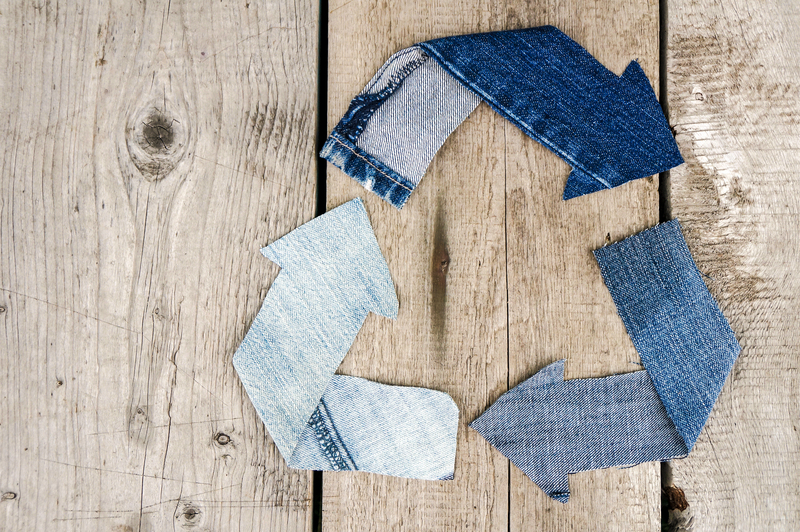Glass recycling: Sustaining the planet with every piece

Introduction to Glass Recycling
Glass recycling is one of the most effective ways to contribute to environmental sustainability. With its infinite recyclability, glass doesn't lose its purity or quality through the process, which makes it a model for sustainable practices. In this article, we will explore how recycling glass can help sustain the planet with every piece. From the energy savings to reduced landfill waste, each shard of glass reused plays a part in creating a more sustainable future.
Why Glass Recycling Matters
Every piece of glass that we recycle reduces the need for raw materials, saving energy and decreasing carbon emissions. When you recycle glass, you contribute to a circular economy, where products are reused, repaired, and recycled continuously. This helps in conserving resources, fostering responsible consumer behavior, and promoting environmental stewardship.
The Environmental Impact of Glass Recycling
The benefits of glass recycling are multifaceted:
- Reduction in Raw Material Usage: Recycled glass helps decrease the extraction of raw materials like sand, soda ash, and limestone.
- Energy Efficiency: The process of melting recycled glass for new products requires less energy than creating glass from raw materials.
- Decreased Emissions: Using recycled glass reduces the carbon footprint and conserves energy, significantly cutting CO2 emissions.
- Landfill Reduction: Glass is not biodegradable and takes up significant landfill space, but recycling keeps it out of landfills.
The Process: How Glass is Recycled
The glass recycling process is quite straightforward, but it involves several critical steps to ensure quality and efficiency:
- Collection: Household and industrial glass waste is collected and sorted.
- Sorting: Glass is sorted by color and type to ensure high-quality recycling outcomes.
- Cleaning and Crushing: The glass is cleaned of impurities and then crushed into small pieces known as cullet.
- Melting and Remanufacturing: Cullet is melted down and molded into new glass products, completing the recycling cycle.
Economic Benefits of Recycling Glass
Beyond the environmental benefits, glass recycling also offers substantial economic advantages. It creates jobs in collection, sorting, and processing while also reducing the costs associated with glass manufacturing. Companies that engage in glass recycling save on manufacturing expenses, as the use of cullet drastically lowers energy usage.
Creating Jobs and Boosting the Economy
In industries related to recycling and manufacturing, jobs are created both directly and indirectly. From waste collection to recycling plant operations, the demand for labor boosts the local and national economy. Moreover, these jobs tend to be more stable and less susceptible to outsourcing, contributing to an economic growth that favors sustainable practices.
Challenges and Solutions for Glass Recycling
Despite the advantages, glass recycling faces several challenges:
- Contamination: Mixed recyclables can contaminate glass, making it difficult to recycle efficiently.
- Lack of Infrastructure: Inadequate recycling facilities can hinder the effectiveness of glass recycling in some areas.
- Public Awareness: Insufficient public knowledge about the importance of glass recycling can reduce participation rates.
Addressing the Issues
Solving these challenges involves a combination of education, infrastructure investment, and innovative technology:
- Educational Campaigns: Raising awareness through educational programs can encourage greater participation in recycling efforts.
- Infrastructure Investment: Governments and private entities have a role in building more recycling plants and improving logistics.
- Technological Innovations: Advancements in sorting and processing technologies can help address contamination issues.

How You Can Make a Difference
Every individual can contribute to sustaining the planet through glass recycling. Here's how you can make a significant impact:
- Separate your glass waste and ensure it's clean before recycling.
- Educate friends and family about the benefits of recycling glass.
- Support businesses and products that utilize recycled glass.
- Participate in local recycling programs and initiatives.
Conclusion
Glass recycling represents an important step in sustaining our planet. With its endless recyclability, glass is a material that reflects the principles of a circular economy. By recycling glass, each piece becomes part of an ongoing story of conservation and resourcefulness. Let us all take initiative to continually contribute to glass recycling efforts, as each action we take contributes to a healthier, more sustainable world.
Together, let's continue to sustain the planet with every piece of glass recycled.